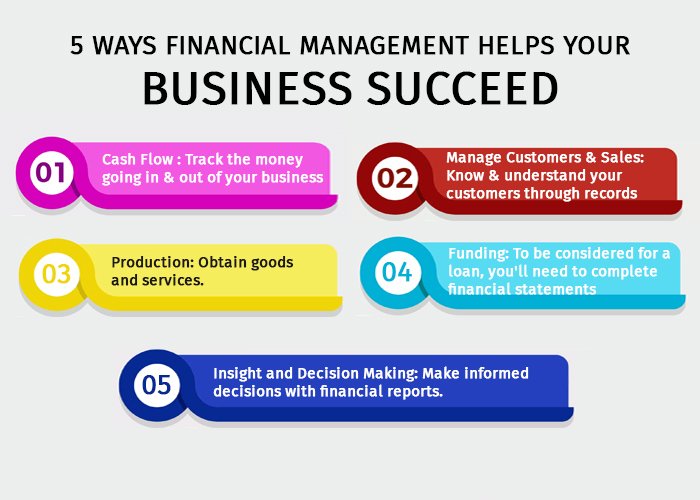Businesses of all sizes try to enhance their financial situation by taking calculated steps. One such step is streamlining how they track their business expenditures. Every organisation has diverse commercial charges, and if you are in a financial role, understanding how to monitor these roles can equip you to effectively control the organisation’s finances.
This article will discover the significance of monitoring business expenses, present a practical approach to effective expense tracking, and offer precious tips to streamline your financial management processes.
How does Monitoring Business Expenses Benefit You?
One of the primary advantages of tracking business expenses is allocating finances extra efficiently. Corporations can identify regions of overspending or pointless expenses by maintaining a close eye on where the cash is being spent. This insight enables us to make smart changes in how we spend cash, ensuring we put assets into tasks that give us the most gain.
Proper expense tracking can also simplify the tax process for businesses, saving both time and money. When tax season rolls around, having organised records of deductible costs can substantially reduce the pressure and workload associated with tax preparation.
By categorising expenses and retaining correct documentation over the year, businesses can ensure compliance with tax regulations while maximising deductions. This proactive approach now minimises the danger of errors and facilitates the optimisation of tax performance, which, in the long run, contributes to the enterprise’s usual economic health.
Furthermore, monitoring business expenses facilitates streamlined bookkeeping practices, fostering greater transparency and accountability in financial management. By recording expenses promptly and categorising them appropriately, businesses can maintain accurate financial records essential for monitoring cash flow, assessing profitability, and generating financial reports.
Business Tips for Effective Expense Tracking
Ensuring effective expense tracking requires a systematic approach and the implementation of best practices. Here are some significant ways to assist businesses to make managing their costs easier:
Create a Commercial Bank Account
Maintaining your personal and commercial enterprise money separately is important for preserving the tune of what you spend. Having a special bank account just for your business makes dealing with your cash less complicated and allows you to spot where your enterprise charges are going.
With a designated account, agencies can monitor cash drift, reconcile transactions, and pick out commercial business-associated charges without the problem of sorting through personal transactions.
Choose an Accounting System
Investing in a reliable accounting system is paramount for efficient fee monitoring. Whether it is traditional desktop software programs or cloud-based options, choosing the proper accounting system can streamline strategies, automate tasks, and provide valuable insights into monetary performance.
Look for features consisting of cost categorisation, receipt scanning, and bank integration to streamline price control and ensure accuracy in monetary reporting.
Categories Expenses Using Software
Utilising cost control software can simplify the categorisation of expenses, making it simpler to monitor and examine spending patterns. These systems allow corporations to classify charges primarily based on predefined standards, along with kind, department, or task, permitting better expense allocation and budget management.
Corporations can streamline the expense categorisation system by leveraging automation and customisable features and gain actionable insights into their monetary activities.
Link Your Bank Account to the Software
Integrating your business bank account with procure-to-pay software like Payhawk can streamline transaction recording and ensure real-time financial activity updates. By linking bank accounts directly to the software, businesses can eliminate manual data entry, reduce errors, and maintain up-to-date financial records.
This smooth connection makes it easier to match up your finances quickly, makes fewer mistakes, and gives you a complete look at all your money moves. That way, you can make better decisions and plan your finances better.
Efficient Receipt Management
Implementing efficient receipt management practices is essential for maintaining proper records of what you spend and following tax rules. Whether digitising paper receipts or utilising cellular apps for receipt capture, businesses should establish a scientific approach to receipt control.
By digitising receipts, organisations can minimise the hazard of loss or damage, streamline cost reconciliation, and simplify the audit trail for tax functions.
Record and Review Expenses
Consistent recording and regular review of expenses are critical for effective expense tracking. Businesses should establish clear procedures for recording expenses as they occur and conduct regular reviews to identify discrepancies, trends, or potential areas for cost savings.
By staying proactive and vigilant, companies can keep correct financial information, perceive opportunities for optimisation, and make informed decisions to forge business growth.
Conclusion
Successful expense tracking calls for dedication, consistency, and attention to detail. Following the business hints outlined in this guide, you may take charge of your finances, make informed selections, and pave the way for long-term achievement and sustainability.

